GATE OF MORDELAISES - Under the Roman Empire, Rennes was known as the city of “Condate” (meaning confluence) because it sat at the junction of the Ille and Vilaine rivers. When the the fortifications surrounding the city were built (between 275 and 300 AD), the color of the bricks used in the construction gave the city a nickname of “The Red town.” Of the four cardinal gates through these fortifications, the one considered to be the most important was the Gate of Mordelaises (named for the important parish town -Mordelaises to the west). This was completely rebuilt in 1452. Through this gate, all of the Dukes of Brittany passed when they came to Rennes to be crowned.
CHAPEL OF ST. YVES - in 1358, Eudon le Bouteiller, a canon (priest) from the diocese of Treguier, decided to transform his manor in Rennes into a hospice , dedicated to the Holy Virgin and then, later, to St. Yves. This was managed by the Augustinians. One hundred plus years later (1494) the building was totally remodeled into the present day chapel. Today, the building is part of the Rennes Tourist office, presenting exhibitions that recount the city’s history through photos and models. It was designated a national monument in 1945.
PLACE DES LICES - This Square, which currently hosts the second largest farmers market in France, dates back to the 9th or 10th century when it was used for jousting tournaments (“Lices” means “jousting ground”). Today, upwards to ten thousand visitors arrive here each Tuesday and Saturday to purchase food for the week. But this is more than just a market. Street performers entertain the crowds throughout the day, turning this whole area into a social event.
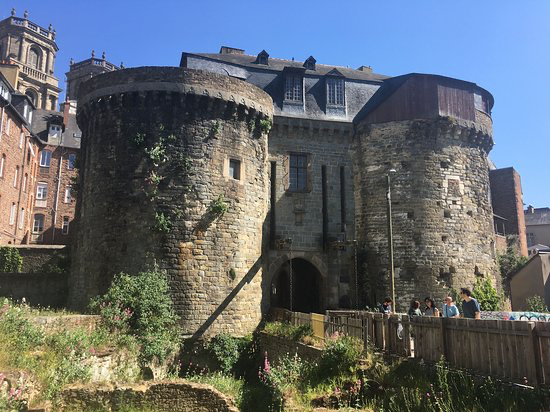
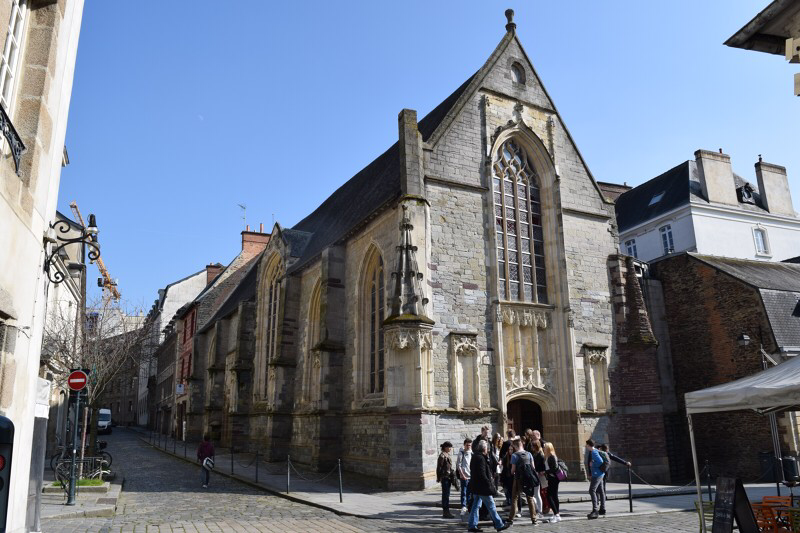
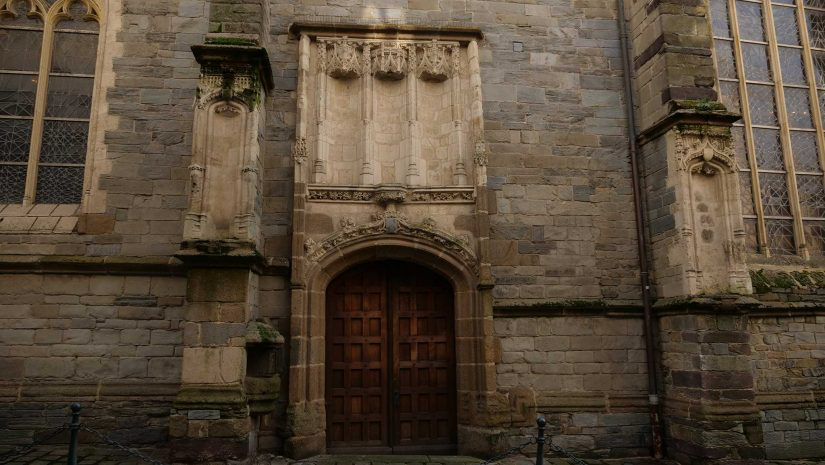
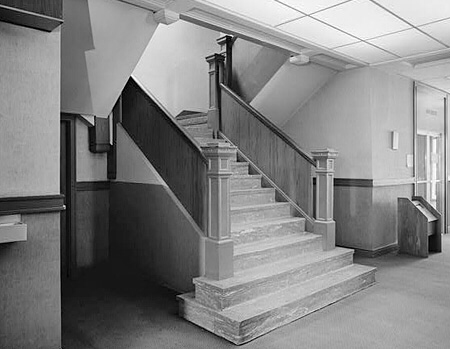
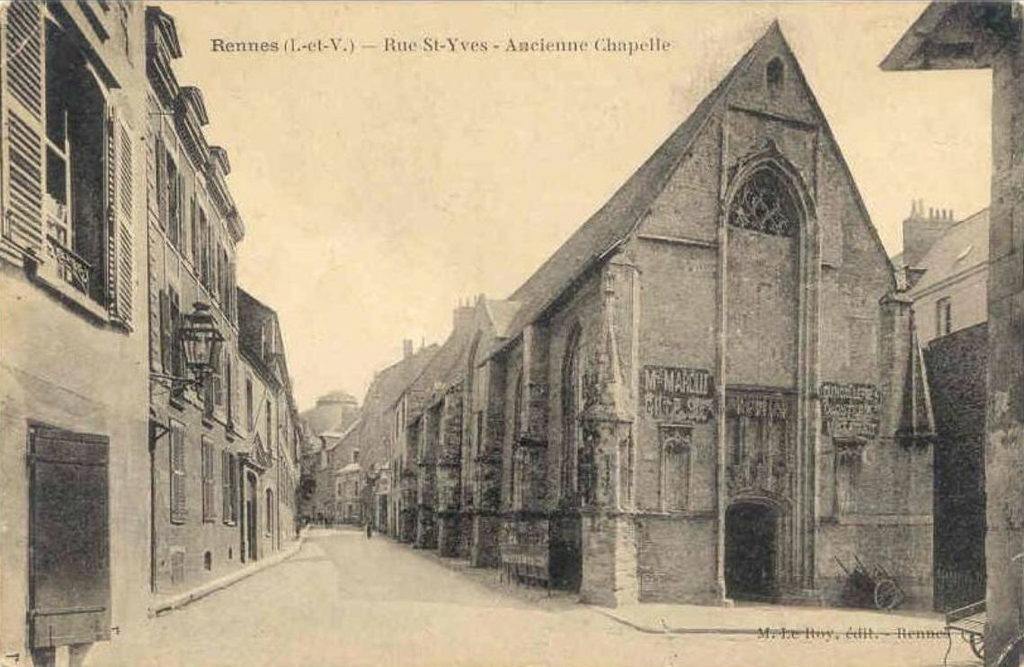
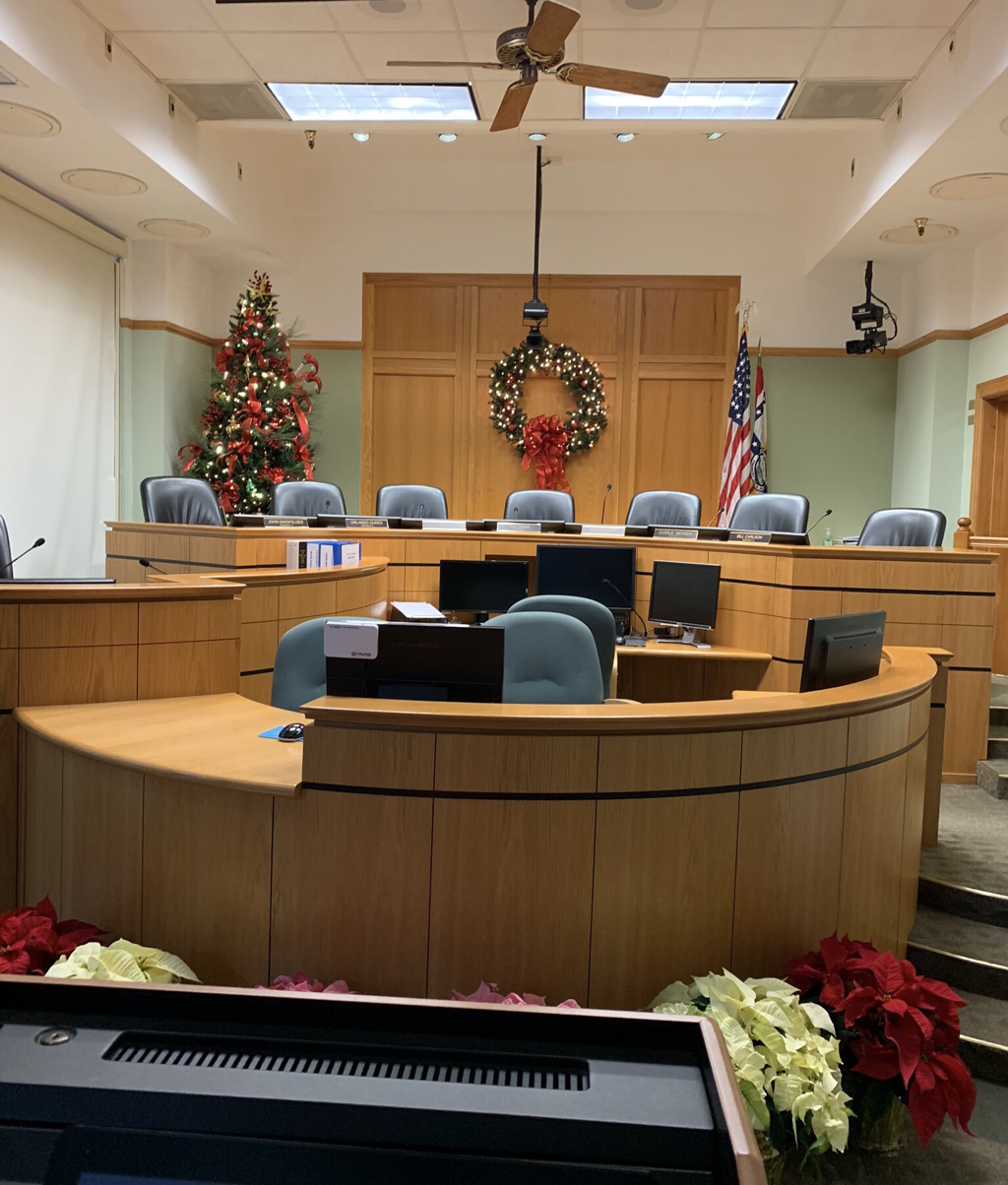
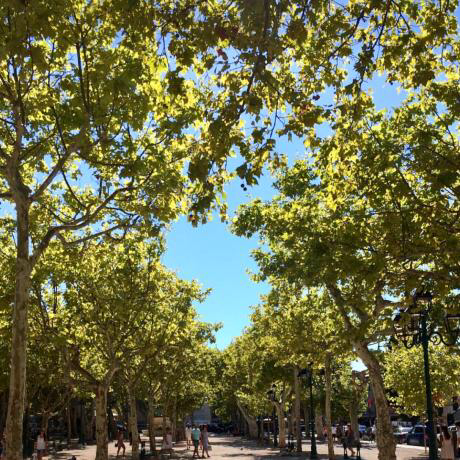
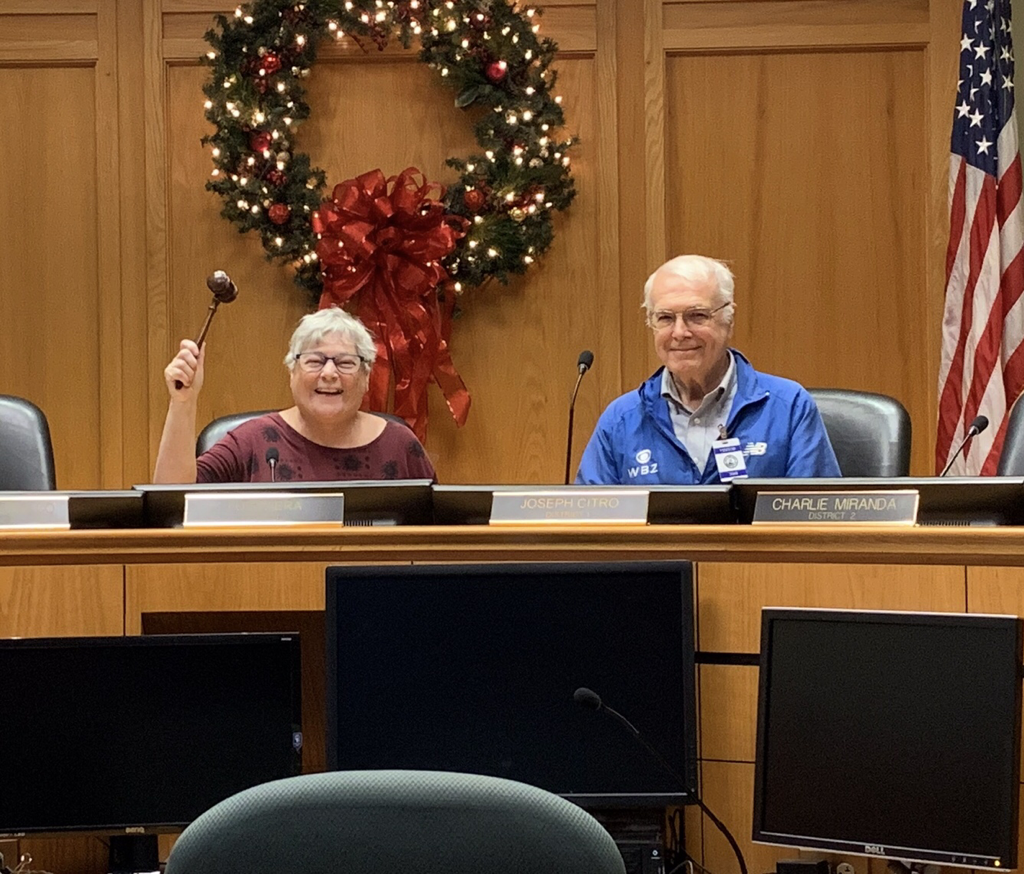
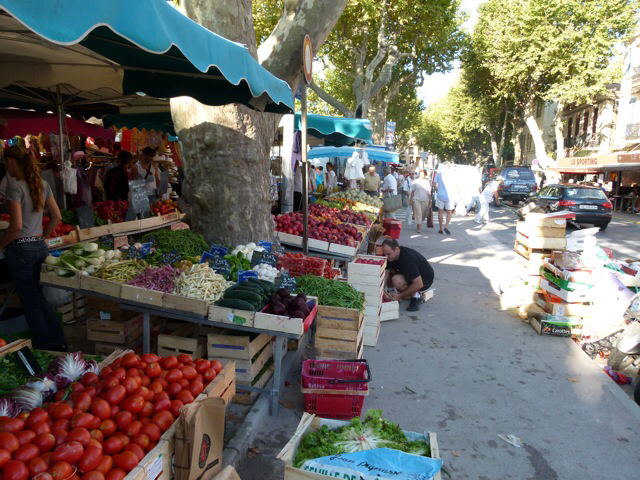


 RSS Feed
RSS Feed
